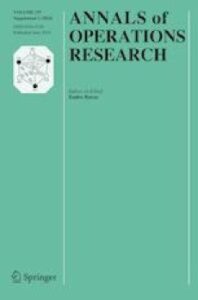The president of the Kyoto Institute of Technology (KIT) has corrected two of his papers and is set to correct another amid allegations of duplication – sometimes inelegantly referred to as “self-plagiarism” – despite a university committee clearing him of misconduct.
Employees at the university have accused president Masahiro Yoshimoto of duplication between 11 sets of his published papers – implicating 34 papers in total.
The employees submitted the allegations to the institution last October, backing their claims with an analysis by plagiarism detection software iThenticate. Two of these employees spoke to Retraction Watch on condition of anonymity, fearing a loss of support from their colleagues if they spoke publicly. Their concerns triggered an investigation at KIT, which cleared Yoshimoto of misconduct in January. However, the whistleblowers still believe the papers should be retracted.
Continue reading University president faces allegations of duplication, institution says no misconduct







